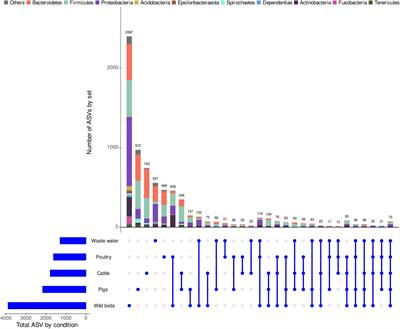EDITORIAL
Published on 25 Nov 2021
Editorial: Microbial Source Tracking
doi 10.3389/fmicb.2021.795564
- 3,126 views
- 2 citations
20k
Total downloads
93k
Total views and downloads
EDITORIAL
Published on 25 Nov 2021
METHODS
Published on 20 Oct 2021

ORIGINAL RESEARCH
Published on 25 Aug 2021

ORIGINAL RESEARCH
Published on 12 Aug 2021

ORIGINAL RESEARCH
Published on 06 Aug 2021

ORIGINAL RESEARCH
Published on 15 Jul 2021

ORIGINAL RESEARCH
Published on 14 Jul 2021

ORIGINAL RESEARCH
Published on 14 Jul 2021

ORIGINAL RESEARCH
Published on 29 Jun 2021

ORIGINAL RESEARCH
Published on 25 Jun 2021

ORIGINAL RESEARCH
Published on 14 Jun 2021

ORIGINAL RESEARCH
Published on 11 Jun 2021
